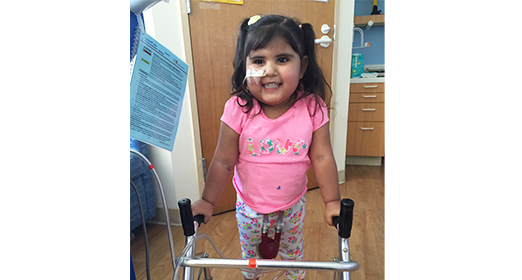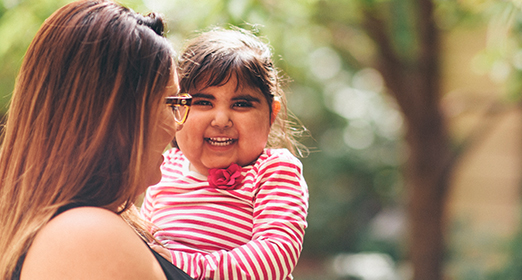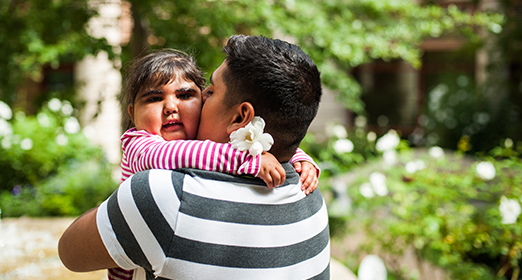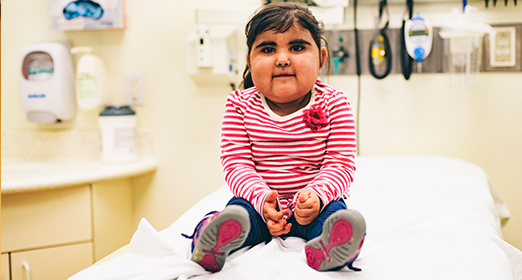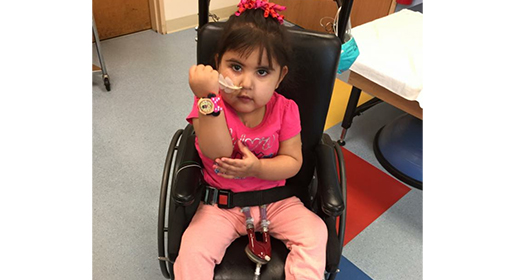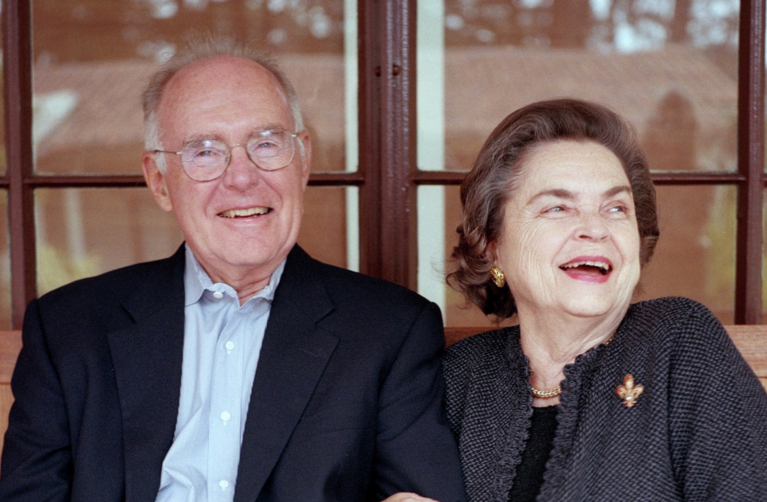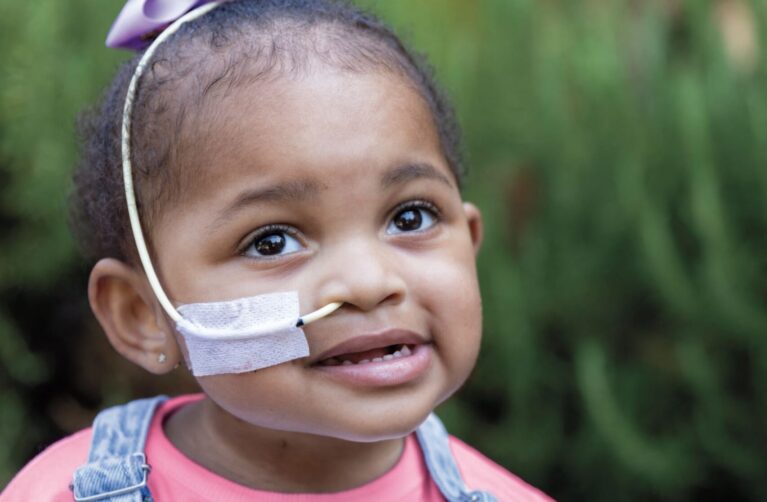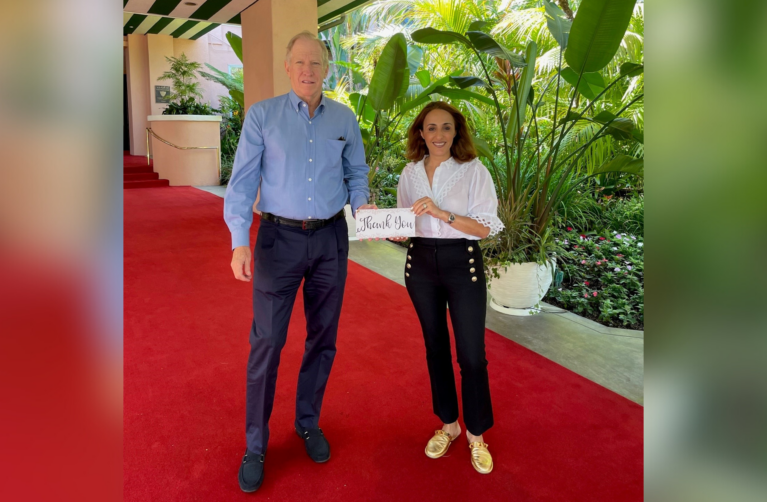Karen Vargas’ only plan was to find help for her 3-year-old daughter, Kate Zuno. At age 1, Kate’s health wasn’t right. She suffered from constipation and flu-like symptoms, including trouble breathing. Her local doctors in Ukiah, California thought she had a virus. But Vargas’ inherent mother’s sense told her it was something more. Vargas’ mother agreed, pushing her to take Kate to the emergency room for additional tests.
“This time when I took her, I told the staff that I wasn’t leaving until I found out what was wrong with Kate,” Vargas recalls, convinced that her daughter had asthma.
As it turned out, Kate was diagnosed not with asthma, but with dilated cardiomyopathy, a disease that had caused progressive weakening of the muscle throughout Kate’s heart. The condition required expertise, and doctors at UCSF Benioff Children’s Hospital Oakland, where Vargas eventually took her daughter, thought Lucile Packard Children’s Hospital Stanford was Kate’s best option.
The team at our Children’s Heart Center wanted to get at the root of what was causing the cardiomyopathy and conducted a battery of cardiac, infectious disease, genetic, and metabolic tests. Ultimately, our doctors found that Kate suffered from a rare mitochondrial disorder which displayed most of its symptoms in her heart.
For two years, our doctors treated Kate with medication and monitored her closely. But this past March her health took a turn for the worse. What was believed to be a stomach flu was actually decompensating heart failure. As her condition quickly worsened, Kate was admitted to the CVICU and put on extracorporeal membrane oxygenation—commonly known as ECMO—which provided mechanical support to replace the function of both her heart and lungs.
Her cardiologist, Beth Kaufman, MD, said they had to make difficult decisions regarding long-term therapies. Otherwise, Kate would die. The recommendation was that a heart transplant was her best remedy.
“‘Is she going to get better?’ was my only question,” Vargas says. Satisfied with the answer, Vargas gave the go-ahead to put Kate’s name on the national heart transplant waiting list.
For a couple of months Kate lived in the hospital on a bridge-to-transplant device, called a Berlin Heart, which kept her alive until a donor heart became available. Fortunately for children like Kate, our Heart Center’s Pediatric Advanced Cardiac Therapies program has seen tremendous growth in recent years, and is the only institution in Northern California that offers pediatric advanced heart failure management and cardiac transplantation. Our Heart Center was also among the first to petition the FDA for use of the Berlin Heart in the United States and holds the record for longest pediatric heart-assist in North America with this device, at 234 days.
Luckily, Kate didn’t have to wait that long. Her donor heart came June 20. Kate received the transplant, performed by surgeons Katsuhide Maeda, MD, and Olaf Reinhartz, MD, and the world looks like a different place to Vargas.
“It’s like my daughter is starting a whole new life,” says Vargas, who is back living in Ukiah and beaming with pride as Kate gets steadier on her little feet. “I’m so excited to see her future. She’ll be able to be in sports. She won’t have any limitations. She’ll get to be a normal child, like she deserves.”
